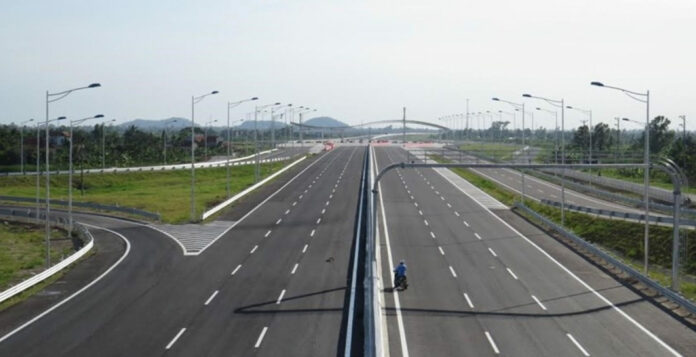The Kenya National Highways Authority (KeNHA) has signed a multi-billion new Nairobi-Mombasa Expressway deal. The new deal has been entered into between KeNHA and US infrastructure investment manager Everstrong Capital.
The new deal is a $3.6 billion (about Sh. 472 billion) agreement for the construction of a 440 kilometres Expressway between Nairobi and Mombasa. The mega Expressway will be a 4 to 6 lane dual carriageway.
“The project anticipates attracting investments totaling $3.6 billion (about Sh. 472 billion), sourced from international investors, development agencies, pension funds and an exceptionally large number of Kenyan private investors,” Everstrong said in its statement.
Once completed, Everstrong and their partners will charge toll fees for a period of 30 years, by which time they will be expected to have recovered their investment plus profit.
Everstrong Capital stated that the Public-Private Partnership project will be undertaken for a period of between three and four years with financing being led by American development institutions.
“The construction of the Usahihi expressway poses no financial risks to the Kenyan government, as it is structured to operate independently from the Government of Kenya’s balance sheet and is projected to be financially self-sustaining,” said Everstrong Capital.
Everstrong Capital will work alongside other Engineering, Procurement, and Construction firms, which includes a leading South African Toll Operations company.
The new agreement has become the latest effort at building the mega road that is widely perceived to be a direct rival for the Standard Gauge Railway line that runs alongside the Nairobi-Mombasa highway.
“As I send my body and spirit up there…” Cheruiyot Kirui’s final words
The projected had earlier on been set to be undertaken by American firm Betchel in collaboration with Everstrong Capital. In 2018 when the construction plans were hatched, the project was estimated at Sh. 300 billion.
However, this agreement did not go through following disagreements between Betchel and the government on how it would be funded. The government of Kenya had asked Bechtel to build the road using its own money then charge Kenyan motorists toll fees up until the money and profit is recovered. However, Betchel rejected this proposal and asked the State to pay it upfront for the construction.
Bechtel had then argued that the alternative public-private partnerships (PPP) model where the contractor sources for funds would cost five times more at $15 billion (Sh. 1.9 trillion) and take much longer to complete.
Bechtel had estimated that construction of the expressway will create 500 jobs and involve local businesses supplying up to 100,000 tonnes of cement and 40,000 tonnes of steel. When completed, it was estimated that the mega highway would not only ease congestion, but would also cut travel time between the two cities from the current 10 to about four hours.











